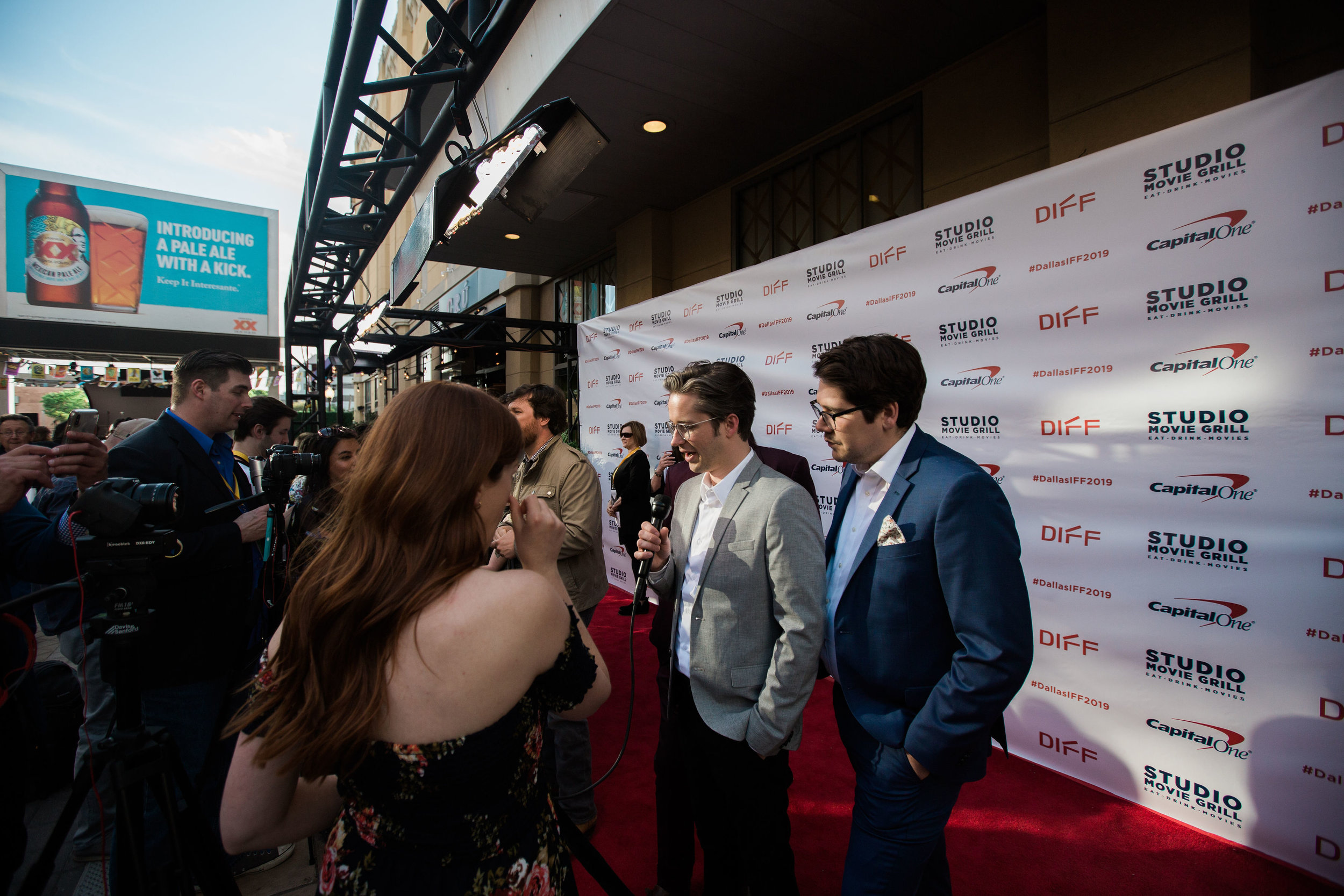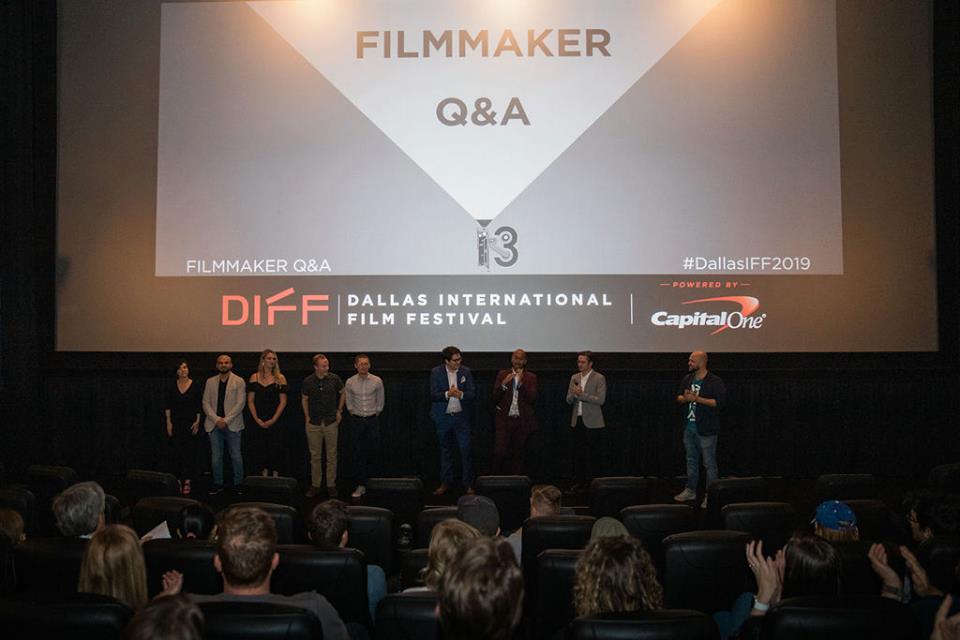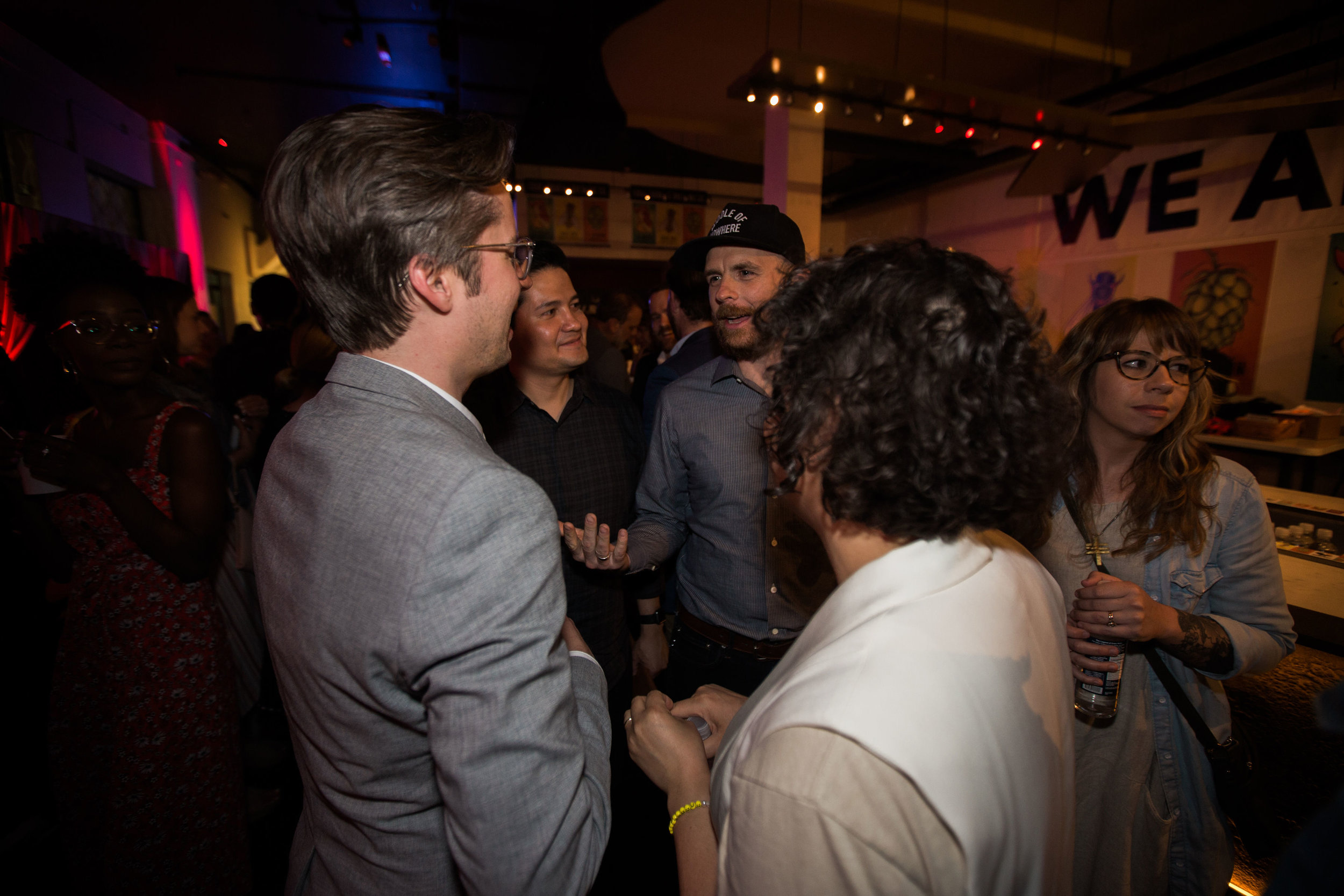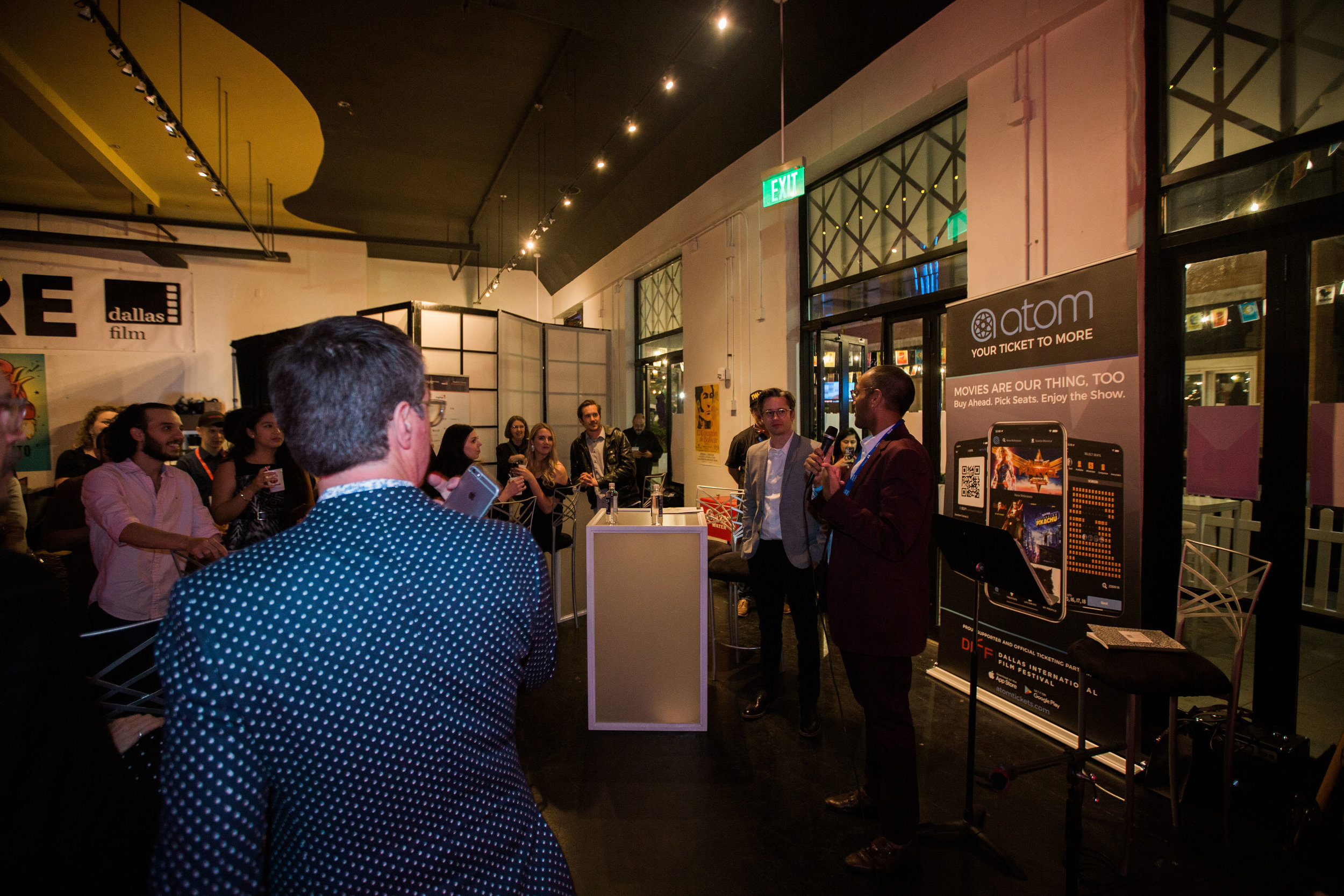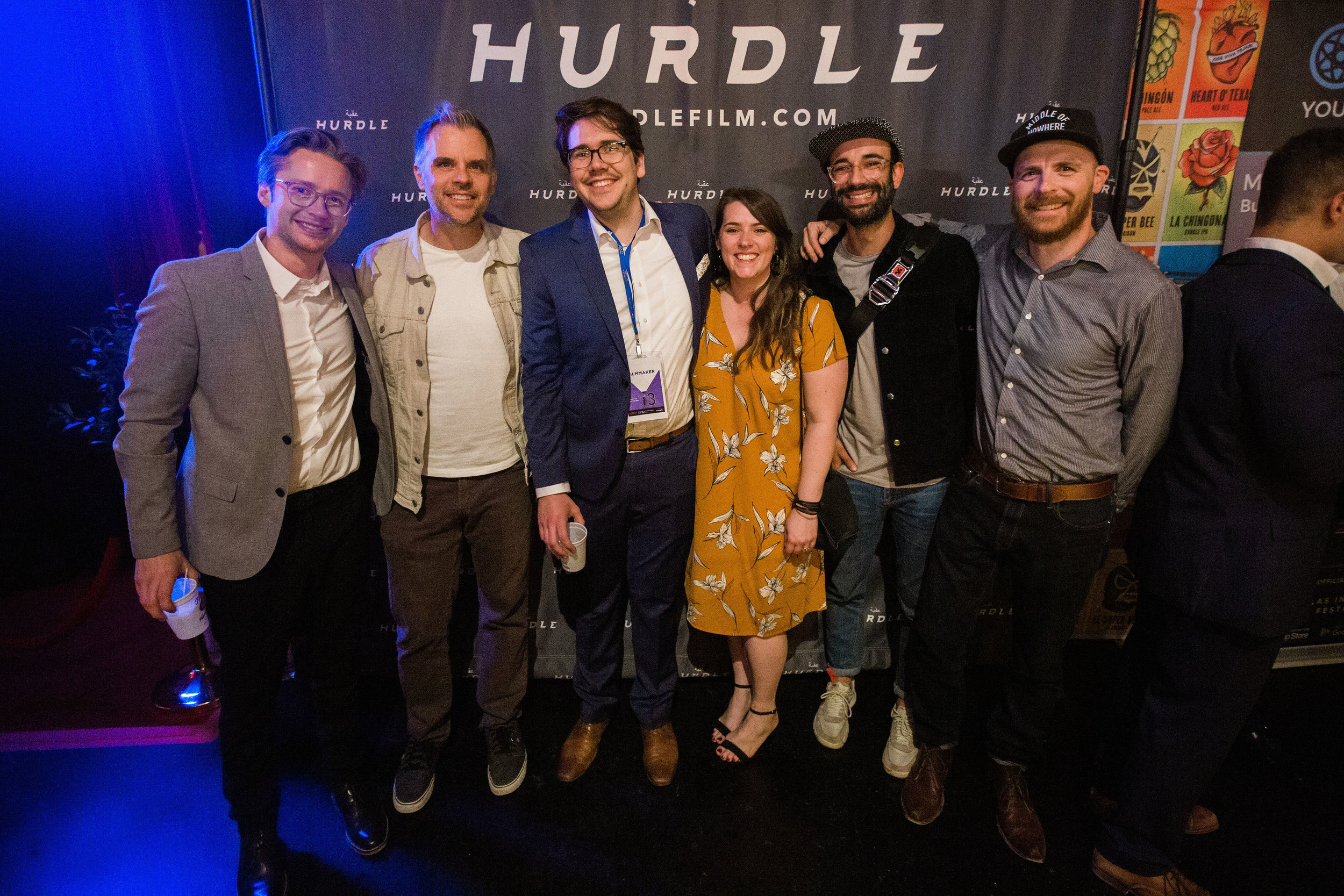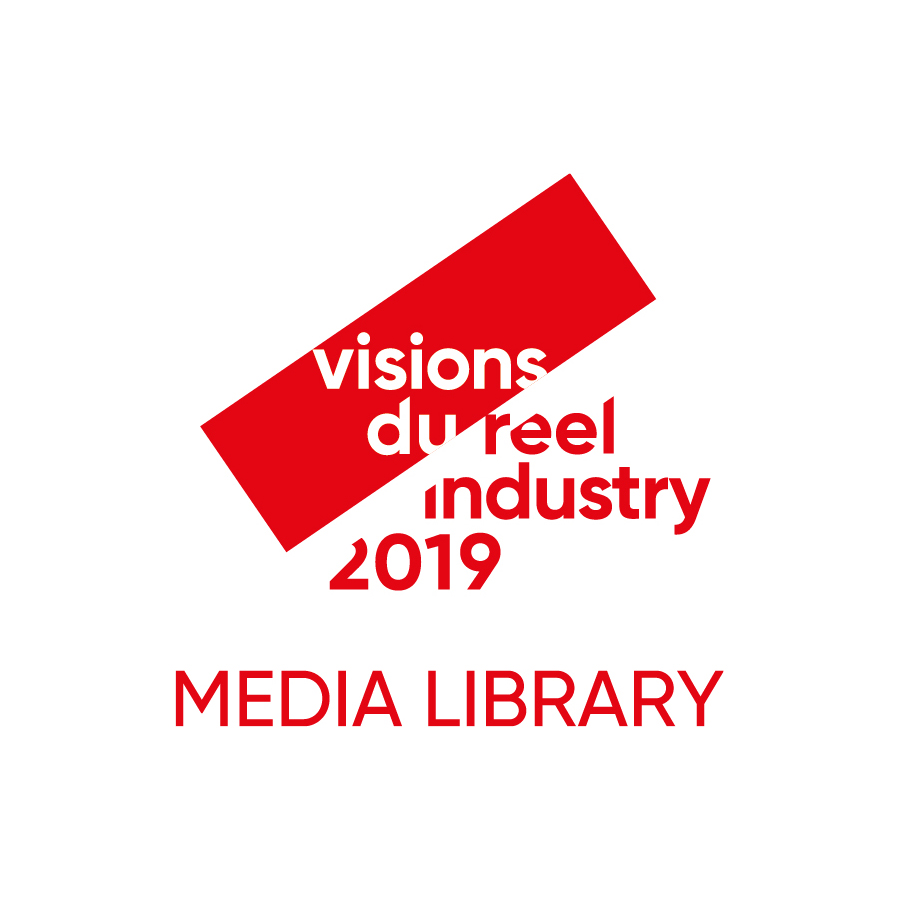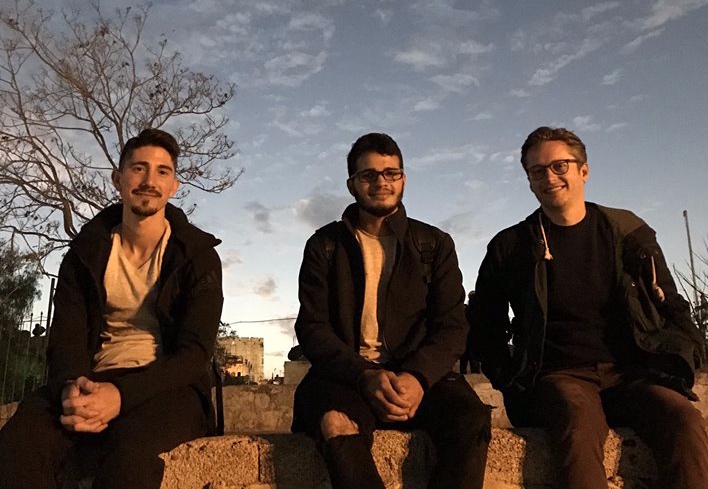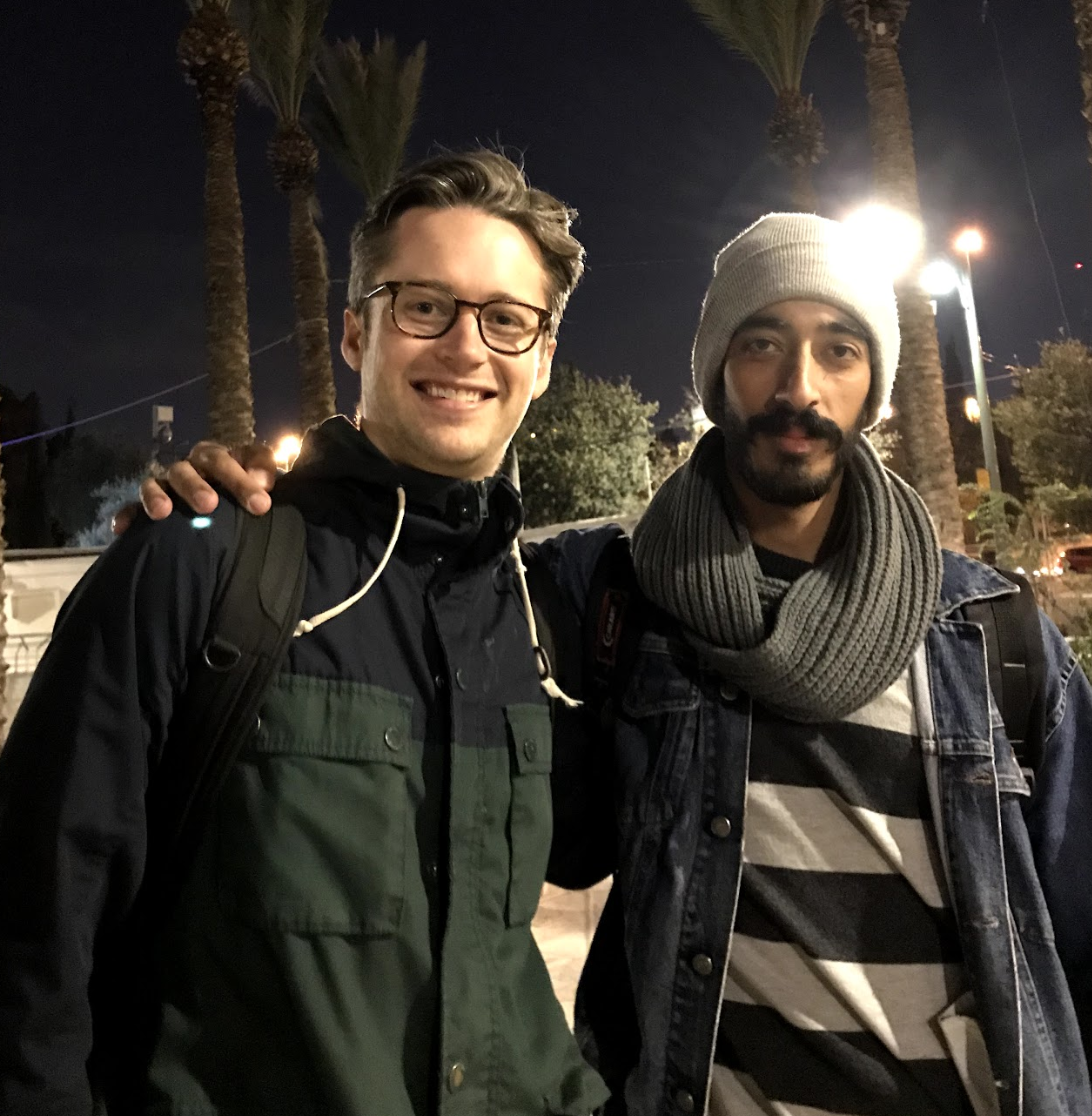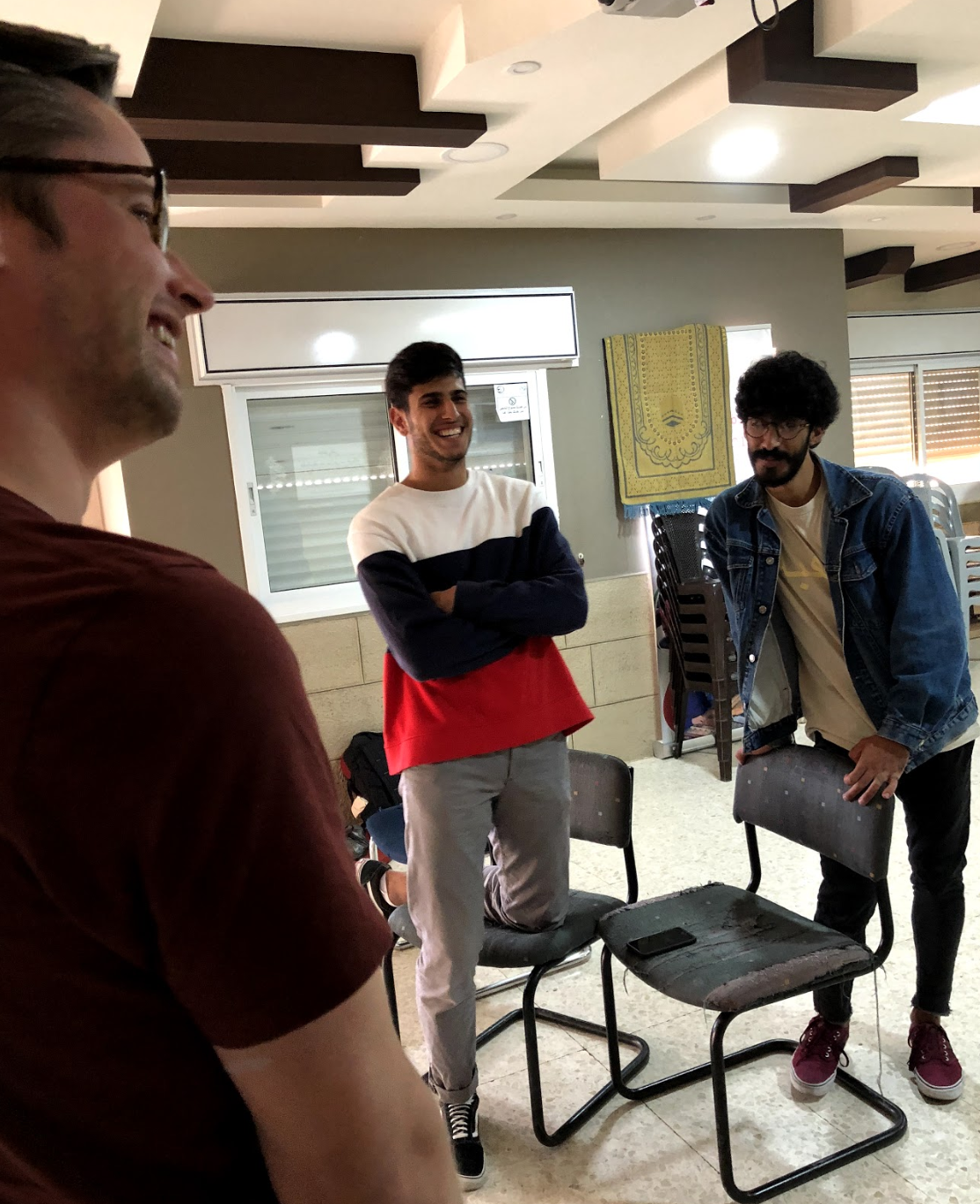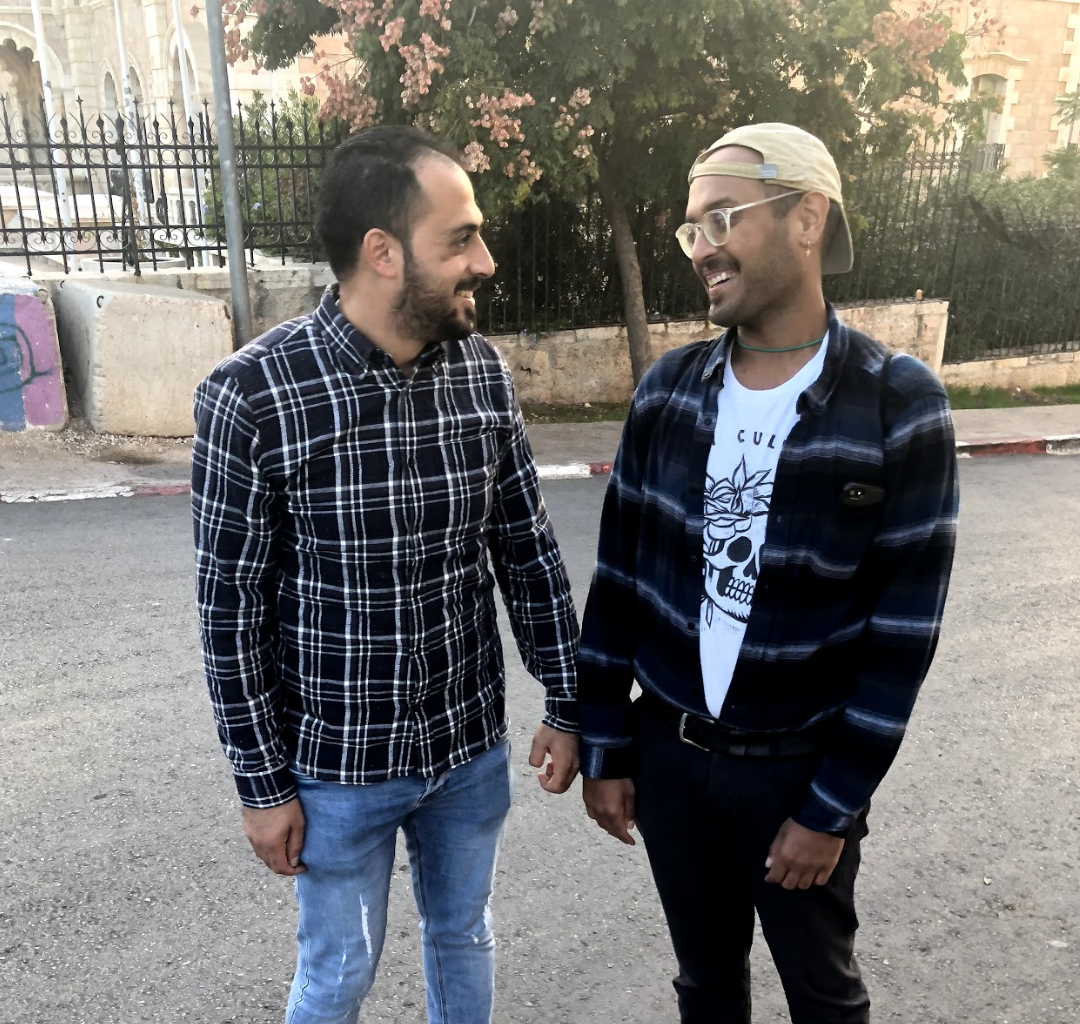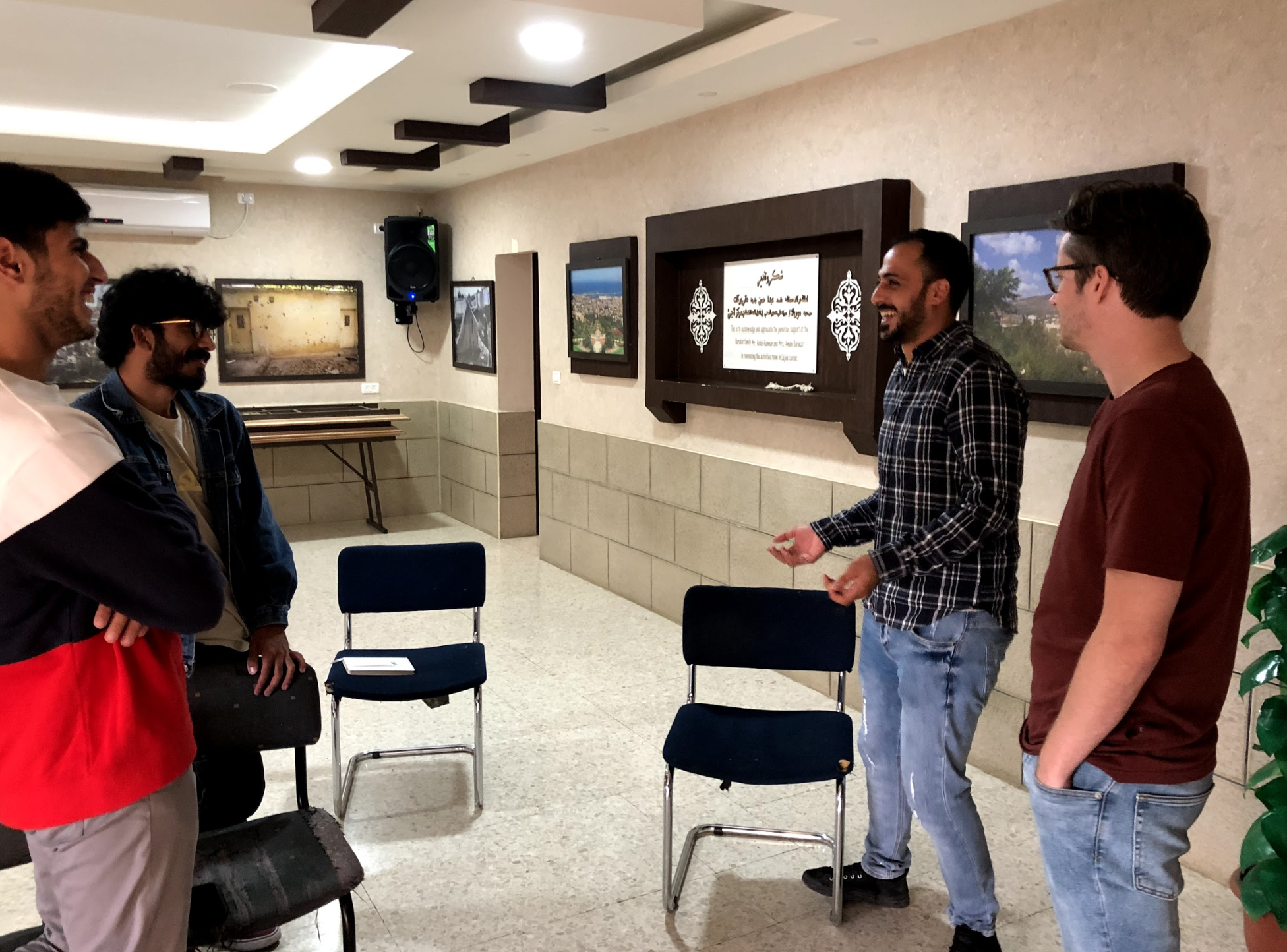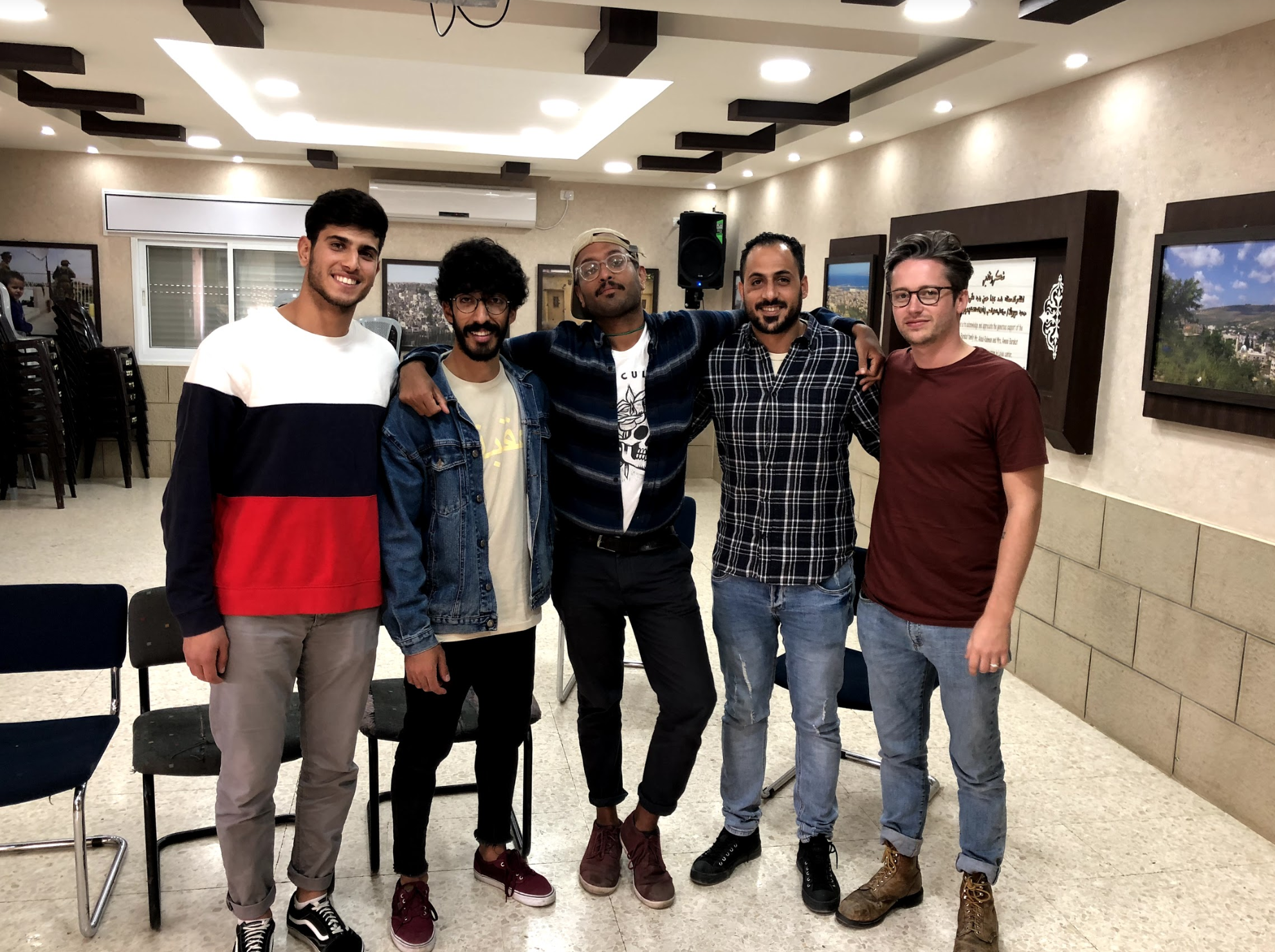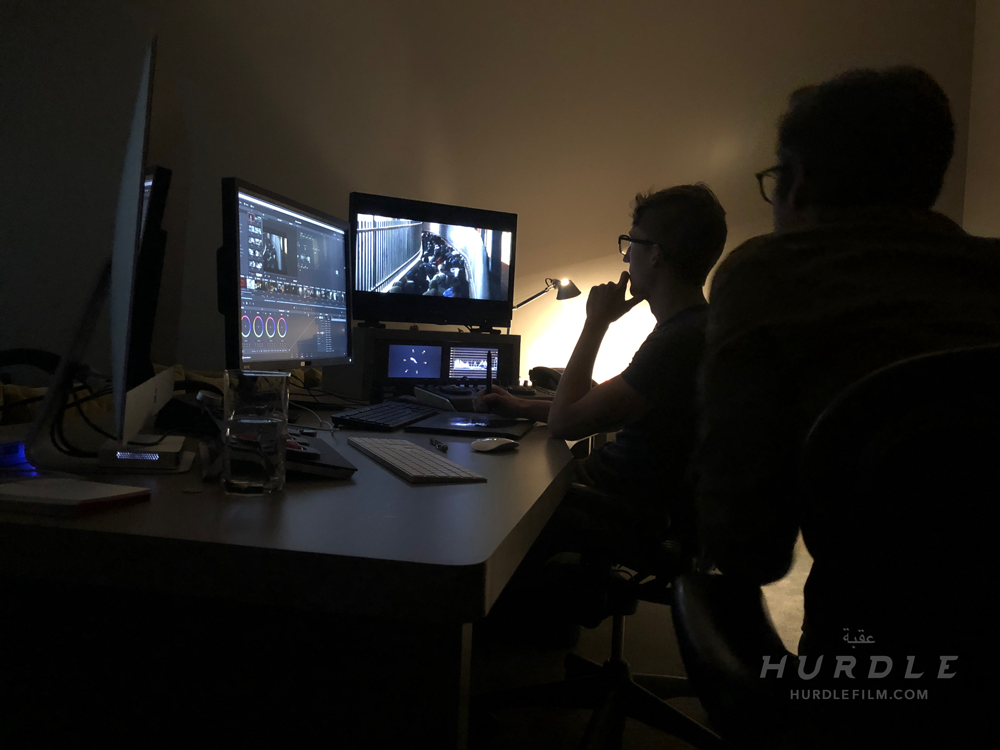Neil took the blank canvas of our initial footage and made it into a masterpiece of color. His incredible skill becomes immediately apparent in the first frames of the film. We took a few minutes to ask Neil some questions to introduce him to you and to inform you about his work past and present. We’re excited to celebrate our colorist, Neil Anderson.
—
How did you get into the color correction? Are there any exciting projects you've worked on in the past?
So my original interest was in cinematography funny enough, and more specifically I was motivated to learn the technical side of how cameras work. After graduating from UNT [University of North Texas] in 2013, I learned that I was much more drawn to post-production. I always kept my interest in cameras, however. When I eventually discovered color grading I knew immediately that it was the best of both worlds, and I’ve been working and practicing ever since.
Some of my favorite projects recently include YETI’s Try & Love, directed by Jeff Bednarz; A rock the vote PSA for Alamo Drafthouse titled America The Beautiful, directed by Trey Hill; And Never Goin’ Back directed by Augustine Frizzell.
What is your mindset to color correction? How is your workflow different from other Colorists?
I’d like to say that I come at it from a creative point of view first. The first thing we have to do is determine what we want the film to look like, and importantly, why. From there I’ll work on the technical side of achieving that look, determining what kind of workflow is needed and best for the job. For instance, how do we want to color manage this project? Should we build custom LUTs or should we consider an ACES workflow? Do we want to use certain scaling algorithms to give a certain level of sharpness? Could noise reduction be utilized as part of a look? It’s important for me to have all my technical ducks in a row before I get started, and I think a project ends up better when we set clear goals from the onset.
What made you decide to work on Hurdle?
I think the film simply has heart. People will leave the theater feeling something, and that to me is a rare opportunity to be a part of. I can only hope my contribution helps accent that aspect.
Have you learned anything from working on the project?
This is actually my first Documentary Feature to work on, so it was an invaluable experience figuring out new ways to tackle a project like this. More specifically, I’d say our use of noise reduction as part of the look of the film is a great new addition to my tool chest.
Do you think Hurdle is an important film? Why?
I’d say anytime someone can watch a movie that deals with a deeply polarizing subject, yet still truly empathize with the characters regardless of their own personal ideologies or allegiances, it becomes an important film. Hurdle has the ability to do just that.





